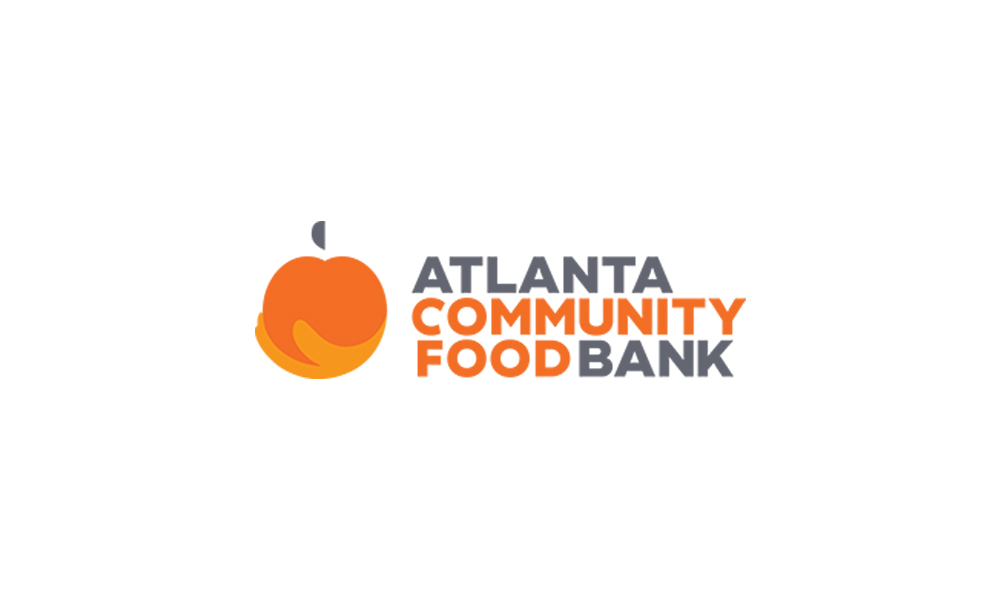The Atlanta Community Food Bank (ACFB) plays a crucial role in addressing food insecurity in Georgia, providing vital support to those in need. Founded in 1979, this organization has evolved into one of the largest food banks in the Southeastern United States. Through their extensive network of partner agencies, ACFB distributes millions of pounds of food each year, ensuring that families and individuals have access to nutritious meals. In this article, we will explore the mission, programs, and impact of the Atlanta Community Food Bank, along with how you can get involved.
Food insecurity affects many families across the state of Georgia, with thousands struggling to put food on the table. The Atlanta Community Food Bank is dedicated to alleviating this issue through various initiatives aimed at providing not only food but also resources and education. As we delve deeper into the workings of ACFB, you will discover the significant difference they are making in the lives of countless individuals.
This article will cover the history of the Atlanta Community Food Bank, its programs, partnerships, and how the community can contribute to the fight against hunger. Whether you are looking to donate, volunteer, or simply learn more about this vital organization, you will find valuable information here.
Table of Contents
- History of Atlanta Community Food Bank
- Mission and Vision
- Key Programs and Initiatives
- Partnerships and Collaborations
- Impact on the Community
- How to Get Involved
- Statistics on Food Insecurity
- Conclusion
History of Atlanta Community Food Bank
The Atlanta Community Food Bank was established in 1979 by a group of concerned citizens who recognized the growing issue of hunger in their community. Initially, the food bank operated out of a small warehouse, collecting surplus food from local grocery stores and distributing it to charities and food pantries.
Over the years, ACFB has expanded its operations significantly. Today, it serves a network of over 600 partner agencies across 29 counties in Georgia. The food bank has grown from distributing 100,000 pounds of food in its first year to over 60 million pounds annually, making it a critical resource in the fight against hunger.
Mission and Vision
The mission of the Atlanta Community Food Bank is to fight hunger by engaging, educating, and empowering the community. Their vision is a community where no one goes hungry and everyone has access to healthy, nutritious food.
ACFB is committed to ensuring that individuals and families facing food insecurity have the support they need to thrive. This includes not only providing food but also creating awareness about hunger-related issues and advocating for systemic change.
Key Programs and Initiatives
Food Distribution Programs
ACFB operates several food distribution programs aimed at reaching those in need:
- Emergency Food Assistance: Provides immediate access to food for families in crisis.
- Senior Food Program: Delivers nutritious food to low-income seniors.
- Children's Programs: Offers meals and snacks to children during weekends and school breaks.
Nutrition and Education Initiatives
In addition to food distribution, ACFB emphasizes nutrition education:
- Cooking Classes: Teaches families how to prepare healthy meals on a budget.
- Nutrition Workshops: Provides information about healthy eating habits and food choices.
Partnerships and Collaborations
The Atlanta Community Food Bank collaborates with various organizations, businesses, and local governments to maximize its impact. These partnerships allow ACFB to expand its reach and enhance its programs.
For instance, ACFB partners with local schools to implement the Backpack Program, which provides children with nutritious food to take home over the weekends. They also work with healthcare providers to address the health-related aspects of food insecurity.
Impact on the Community
The impact of the Atlanta Community Food Bank on the community is profound:
- Over 1.1 million people served annually.
- Over 20 million meals provided each year.
- Increased awareness of food insecurity and nutrition education.
Through its efforts, ACFB has not only alleviated hunger but has also empowered individuals and families to make healthier food choices, ultimately improving their quality of life.
How to Get Involved
There are many ways for individuals and businesses to support the Atlanta Community Food Bank:
- Donations: Monetary donations help ACFB purchase food and resources.
- Volunteering: Individuals can volunteer their time to help sort and package food.
- Fundraising: Organizing fundraising events to support ACFB’s mission.
Getting involved not only helps those in need but also strengthens the community as a whole.
Statistics on Food Insecurity
Food insecurity is a pressing issue in Georgia:
- 1 in 8 Georgians faces food insecurity.
- 1 in 5 children in Georgia is at risk of hunger.
- The economic impact of food insecurity is estimated to be over $1 billion annually in lost productivity.
These statistics highlight the critical need for organizations like the Atlanta Community Food Bank and the importance of community involvement in combating this issue.
Conclusion
In conclusion, the Atlanta Community Food Bank is an invaluable resource in the fight against hunger in Georgia. Through its extensive programs, partnerships, and commitment to education, ACFB is making a significant impact on the lives of those facing food insecurity.
If you are inspired to help, consider donating, volunteering, or spreading the word about the important work being done by ACFB. Together, we can work towards a future where no one goes hungry.
We invite you to leave your comments below, share this article, or check out other resources on our site to learn more about how you can contribute to the fight against hunger.



